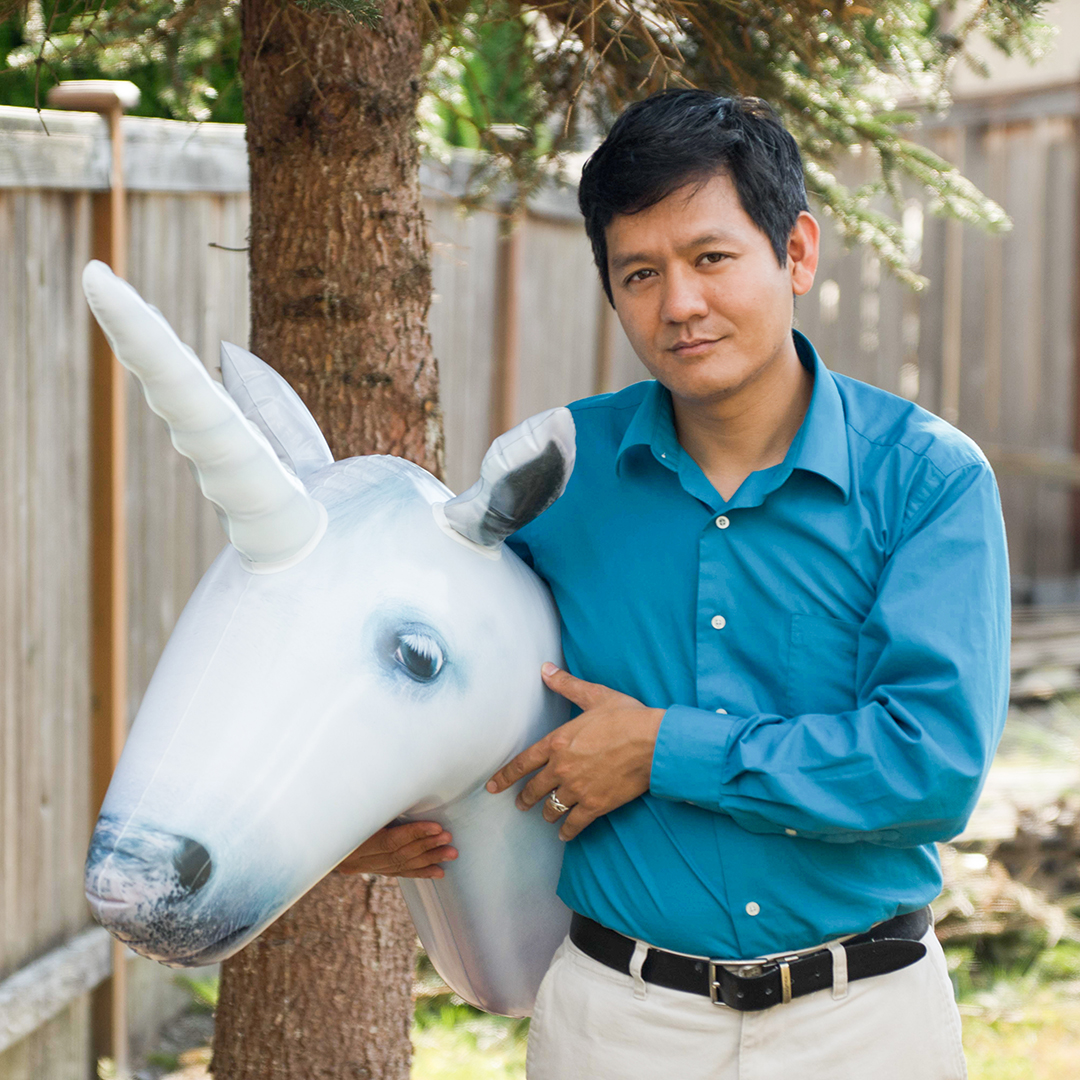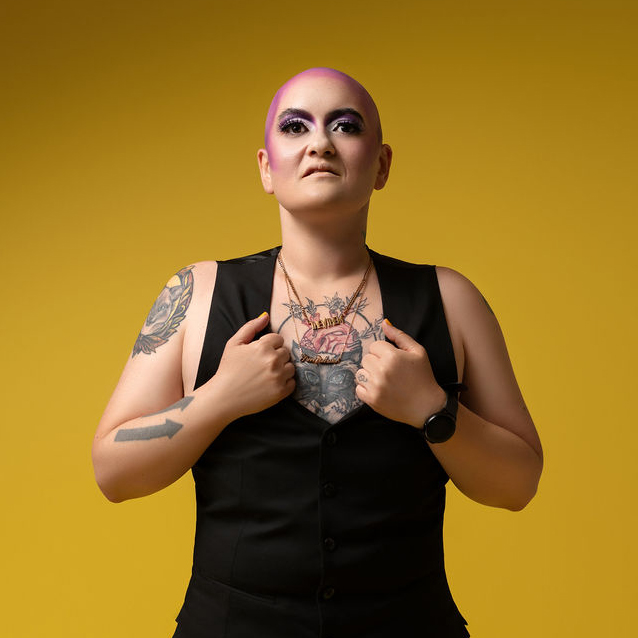Resources
THE CCF BOOKSHOP
The Community-Centric Fundraising (CCF) movement is full of brilliant movers and shakers in the nonprofit and philanthropic industries. Here are some member’s books that you should check out!

Book by Leila Abdelrazaq
Baddawi (2015) — In this visually arresting graphic novel, Leila Abdelrazaq explores her father’s childhood in the 1960s and ’70s from a boy’s eye view as he witnesses the world crumbling around him and attempts to carry on, forging his own path in the midst of terrible uncertainty.

Books by Vu Le
Reimagining Nonprofits and Philanthropy: Unlocking the Full Potential of a Vital and Complex Sector (2025) — Going where many dare not, Reimagining Nonprofit and Philanthropy: Unlocking the Full Potential of a Vital and Complex Sector challenges existing sacred cows across a variety of issues relevant to nonprofit and philanthropy. Each chapter delves into a specific area of work (fundraising, boards, hiring, and so on), analyzes the challenges, and provides concrete solutions for change.
Unicorns on Fire: A Collection of NonprofitAF Posts, Finally Edited for Spelling and Grammar(2023) — Unicorns on Fire is a collection of 48 posts, some of which are consequential and others completely useless but fun to read. It represents 10 years of observations and shenanigans. You will laugh. You will think. You will flip over a table. You will wonder why there are no pictures of baby animals like there are on the blog. They were too expensive to include in this book.
Unicorns Unite: How Nonprofits & Foundations Can Build Epic Partnerships (2018) — Join unicorns Jane Leu, Vu Le, and Jessamyn Shams-Lau for a nitty-gritty, inside look at how foundations and nonprofits relate today, and why we’re stuck in the status quo.

Book by Chris Talbot
Why Must the White Cis Nonprofit Workers Angry React to All My Posts? A compilation of essays, posts, and thoughts by a queer, trans, mixed-race professional surviving predominantly white cisgender heterosexual institutions (2025) — Without all of the BIPOC and 2TLGBIQA+ individuals in my support circles, I would likely still be in a headspace where I continually asked “Why, after two decades, do I still not fit in these spaces?” instead of “Why, after two decades of working with me, do my white, cisgender, heterosexual, and abled colleagues continually refuse to make space for myself and others like me?”
OTHER BOOKS
- Decolonizing Wealth: Indigenous Wisdom to Heal Divides and Restore Balance, by Edgar Villanueva (2021) — A basic analysis of how colonial dynamics including white supremacy, are foundational to the creation and success of “philanthropy” and a discussion of reparations in action.
- Winners Take All: The Elite Charade of Changing the World, by Anand Giridharadas (2019) — An investigation of how efforts to change the world, preserve status quo and contribute or cause problems they later seek to solve.
- So You Want to Talk About Race, by Ijeoma Oluo (2019) — In So You Want to Talk About Race, Ijeoma Oluo guides readers of all races through subjects ranging from police brutality and cultural appropriation to the model minority myth in an attempt to make the seemingly impossible possible: honest conversations about race, and about how racism infects every aspect of American life.
- The Color of Law: A Forgotten History of How Our Government Segregated America, by Richard Rothstein (2017) — In The Color of Law, Richard Rothstein argues with exacting precision and fascinating insight how segregation in America — the incessant kind that continues to dog our major cities and has contributed to so much recent social strife — is the byproduct of explicit government policies at the local, state, and federal levels.
- The Color of Money: Black Banks and the Racial Wealth Gap, by Mehrsa Baradaran (2017) — Studying these institutions over time, Mehrsa Baradaran challenges the myth that Black communities could ever accumulate wealth in a segregated economy. Instead, housing segregation, racism, and Jim Crow credit policies created an inescapable, but hard to detect, economic trap for Black communities and their banks.
- The Revolution will Not Be Funded, INCITE! Women of Color Against Violence (2007) — The Revolution Will Not Be Funded gathers essays by radical activists, educators, and non-profit staff from around the globe who critically rethink the long-term consequences of what they call the “non-profit industrial complex.” Drawing on their own experiences, the contributors track the history of non-profits and provide strategies to transform and work outside them.
ARTICLES AND REPORTS
Community-Centric Fundraising strives to become a resource in our community. The list below is created by people of color in the nonprofit sector. We recommend the following as basic resources to foster important conversations:
- Community-Centric Fundraising’s Aligned Actions List, CCF’s Founding Council (2020)
- The Generosity Report: Data-Backed Insights for Resilient Fundraising, Neon One (2025)
- Adopting Community-Centric fundraising: Findings from a National Study, Dorothy A. Johnson Center for Philanthropy (2025)
- Consultant Salaries, Johane Alexis-Phanor (2024)
- The Issue of Racism in the Fundraising Profession, Birgit Smith Burton (2020)
- How the Best bosses Interrupt Bias on Their Teams, Joan C. Williams and Sky Mihaylo (2019)
- Characteristics of White Supremacy Culture, Adapted from Tema Okun (2019)
- Money, Power, and Race: The Lived Experience of Fundraisers of Color, Cause Effective (2019)
- A Progressive’s Style Guide, Sum of Us (2016)
- Building Movements, Not Organizations, Hildy Gottlieb (2015)
- Grantmaking with a Racial Justice Lens: A Practical Guide, Philanthropic Initiative for Racial Equity (2007)
BLOGS
- Nonprofit AF by Vu Le // Posts criticisms of the NPO sector.
- Everyday Feminism // Posts dismantling everyday violence and discrimination through a lens of applied intersectional feminism and exploring self-determination and loving communities as social norms.
- Fakequity // Posts about racial equity and fakequity = conceptual equity without action.
- The Body Is Not An Apology // Posts about radical self-love as inherent to sustainable social change, community and personal health/wellness.
VIDEOS
- Anand Giridharadas on The Daily Show with Trevor Noah (2020) — Anand Giridharadas discusses his book Winners Take All, which explains how the super wealthy take advantage of U.S. financial policies while also looking philanthropic.
- The Story of Solutions, by Story of Stuff Project (2013) — The Story of Solutions explores how we can move our economy in a more sustainable and just direction, starting with orienting ourselves toward a new goal. In the current ‘Game of More’, we’re told to cheer a growing economy – more roads, more malls, more Stuff! – even though our health indicators are worsening, income inequality is growing and polar icecaps are melting. But what if we changed the point of the game? What if the goal of our economy wasn’t more, but better – better health, better jobs and a better chance to survive on the planet? Shouldn’t that be what winning means?
- The Story of Change, by Story of Stuff Project (2012) — In The Story of Change, Annie Leonard argues that it’s not bad shoppers who are putting our future at risk; it’s bad policies and business practices. If we really want to change the world, we have to move beyond voting with our dollars and come together to demand rules that work.
PODCASTS
- BEYOND Philanthropy Podcast: A podcast about how we can move beyond traditional philanthropy with Monique Curry-Mims and Valerie Johnson
- The Ethical Rainmaker: A podcast about nonprofits and philanthropy by Michelle Shireen Muri
WEBSITES
- Nonprofit AF
- Building Movement Project
- The People’s Institute for Survival and Beyond
- Coalition of Anti Racist Whites
- Catalyst Project: Anti-Racism for Collective Liberation
- Grassroots Institute for Fundraising Training (GIFT)
- Grassroots Fundraising Journal
- Nonprofit Quarterly Equity, Diversity & Inclusion Series
- EDs of Color Facebook Group
- Race Forward
